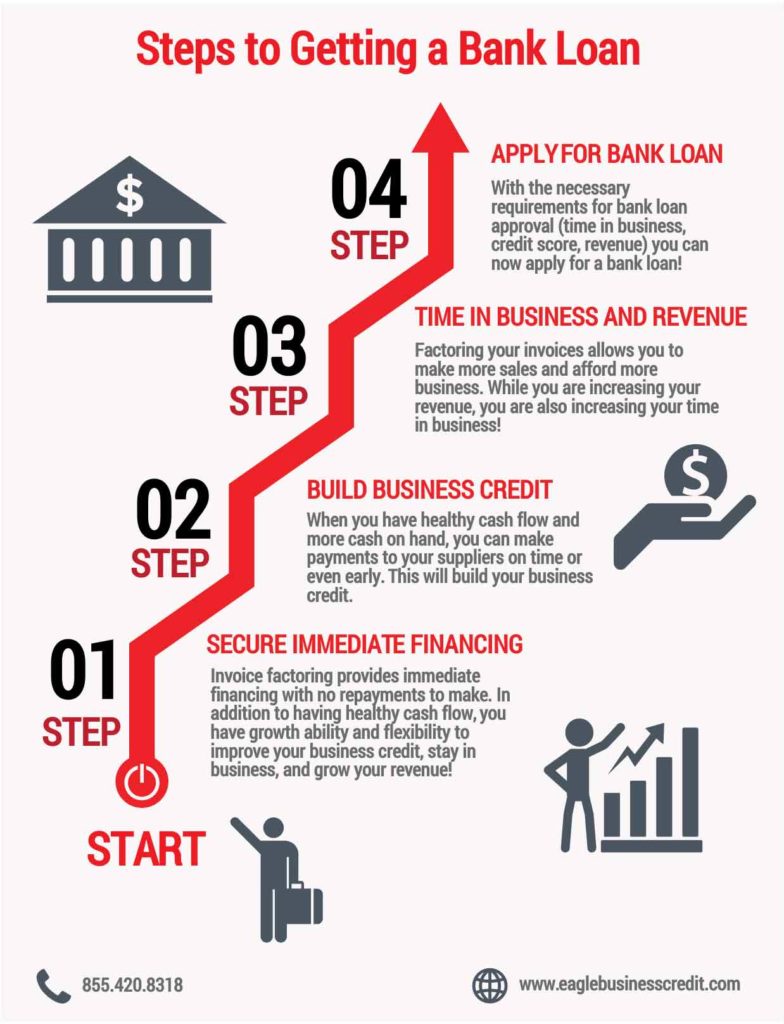Small businesses often require funding to finance their operations, expand their services, or invest in new ventures. While there are several financing options available, a bank loan is a popular choice among small business owners. However, to secure a small business bank loan, there are several qualification criteria that businesses must meet. In this article, we will discuss the typical qualification criteria for a small business bank loan.
Typical Bank Loan Criteria:
- Credit Score
- Financial Statements
- Business Plan
- Collateral
- Industry Experience
Credit Score Requirement for Bank Loans
One of the most important factors that banks consider when evaluating small business loan applications is the credit score of the business owner. A credit score is a numerical representation of an individual’s or business’s creditworthiness. Banks typically prefer borrowers with a credit score of 700 or above, as it signifies a good credit history and responsible financial behavior. A lower credit score may result in higher interest rates, smaller loan amounts, or even loan rejection.
Financial Statements Needed for a Loan
Small businesses must provide financial statements, including balance sheets, profit and loss statements, and cash flow statements, to demonstrate their financial stability and profitability. These statements provide banks with a comprehensive view of the business’s financial health, including its assets, liabilities, and revenue. Banks typically prefer businesses with a positive cash flow, healthy profit margins, and a low debt-to-equity ratio.
Business Plan for a Bank Loan
Banks also evaluate small business loan applications based on the business’s future prospects and growth potential. A well-crafted business plan that outlines the business’s goals, strategies, and revenue projections can help convince banks of the business’s potential for success. The business plan should also include details about the industry, competition, target market, and marketing strategies.
Collateral for a Bank Loan
To mitigate the risk of loan default, banks often require small businesses to provide collateral. Collateral is a valuable asset that the business pledges as security for the loan, such as property, equipment, or inventory. If the business defaults on the loan, the bank can seize the collateral to recover its losses. Banks typically prefer collateral that is easily liquidated and has a high value-to-loan ratio.
Industry Experience
Banks also consider the business owner’s industry experience and expertise when evaluating small business loan applications. Owners with extensive experience and knowledge of their industry are better equipped to manage risks, make informed decisions, and navigate challenges. This expertise can also help build trust with lenders and increase the likelihood of loan approval.
Does Your Business Qualify for a Bank Loan?
Securing a small business bank loan requires meeting several qualification criteria, including a good credit score, healthy financial statements, a well-crafted business plan, collateral, and industry experience. Business owners must prepare their loan applications carefully and provide all necessary documentation to increase their chances of loan approval. By meeting these qualification criteria, small businesses can access the funding they need to achieve their goals and grow their operations.
Alternatives to a Bank Loan
Invoice factoring is an alternative financing option to a bank loan. The qualification criteria is different than bank loan qualification criteria. This is because invoice financing is not a loan. Instead, invoice factoring looks at the sales volume and accounts receivable of your business. Small business owners looking for a bank loan often find that invoice factoring is a better solution for cash flow financing.

How Can Invoice Factoring Improve Cash Flow?
Invoice factoring works by providing instant payment on open invoices. A factoring company pays a business within 24 hours of a sale, usually at a discount of 2-4% of the invoice amount. Then, the business has cash on hand to grow and make more sales, while the factoring company waits the duration of credit terms to collect on the invoice from the customer. The business has healthy cash flow and can expand within their industry and qualify for a bank loan over time.

